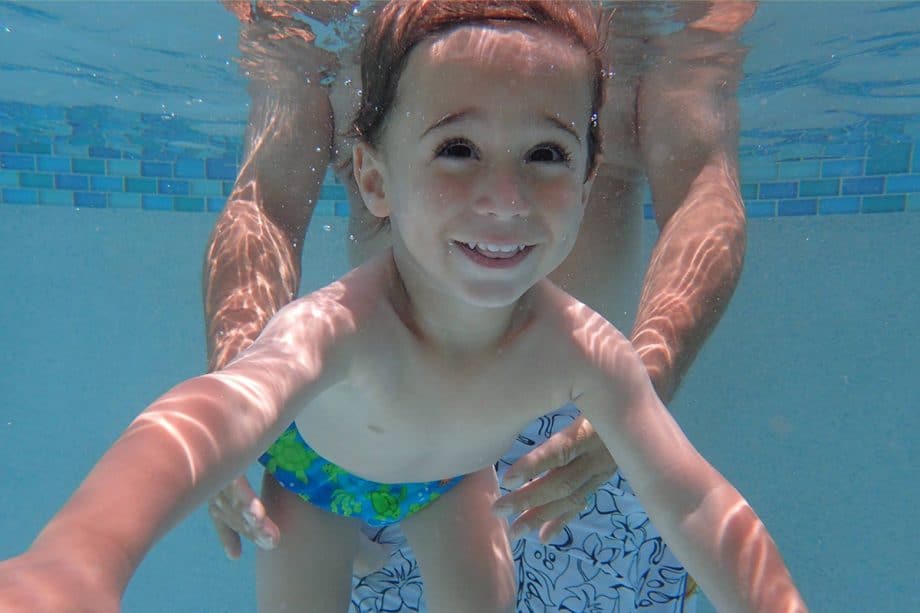You may think that since a baby tooth is going to fall out anyway, you don’t need to fill a cavity, but baby teeth are important, and should be cared for just as if they were permanent teeth. So, do children need to get their cavities filled? The simple answer is a resounding yes.
According to the American Academy of Pediatric Dentists, by kindergarten age, nearly 60% of children in the U.S. will have experienced some tooth decay. Left untreated, decay can lead to infection, difficulty in chewing, and speaking.
Reasons to Fill Cavities in Baby Teeth
Children do need to avoid the pain and disease that an unfilled cavity can cause, even in baby teeth. Here’s why.
Decay Can Spread
Tooth decay is caused by spreadable germs that could damage permanent teeth before they even erupt.
Baby Teeth are Thin
Also called primary teeth, your child’s baby teeth are thinner than adult teeth. Because of that, they need more attention in brushing and flossing, as well as regular dental visits for healthy oral care. Because these teeth are so thin, cavities can quickly become large, even causing the need for baby root canals or crowns, quickly.
Keep Baby Teeth as Long as Possible
It’s also important to keep baby teeth in place as long as possible because these teeth guide the position and development of adult teeth. If baby teeth become so infected they need to be pulled or they fall out early, this can cause future problems, including the need for braces.
Cavity Ridden Teeth Can Prevent Good Nutrition
Not treating cavities can make eating painful or uncomfortable. If children avoid eating due to pain, especially by avoiding consuming healthy but hard foods like carrots or apples, they will lose appropriate nutrients, and risk their overall health.
Speech Can Be Adversely Affected
When left untreated, cavities can also negatively affect speech. If cavities cause teeth to rot and fall out or be pulled, speech impediments can occur.
Appearance and Self-Confidence
Missing, decayed, or discolored teeth can not only be unattractive, but they can also make your child feel unattractive too, and develop a poor self-image. Kids may hide their smiles or not smile at all, and their social life can be negatively impacted.
Spreading Infections
As noted, cavities that are untreated can spread to other teeth, destroying not just one tooth but setting off other cavities elsewhere in the mouth.
Spotting the Signs of Early Cavities
As you can tell, it’s important to fill cavities when they appear. But how do you spot them in your child?
Here are some tips:
- Your child complains of toothache or any pain in their mouth or teeth
- Teeth sensitivity
- Pain when eating or drinking something sweet, hot or cold
- Visible holes or pits
- Brown, black or white staining on tooth surface
- Pain when biting down
And, when you schedule a pediatric dental visit every six months, your dental team will catch any signs of cavity formation early!
How to Prevent Cavities
The best way to prevent cavities in the first place is to make sure your children brush and floss twice a day, limit the amount of sugary treats like sodas and hard candies, and take your child for a regular scheduled pediatric dental checkup every six months.
How Cavities are Treated
White fillings and restoration are the best way to provide a tooth filling for children. The dentist simply removes the cavity and decay and fills the hole with white fillings that match the appearance and color of your child’s natural teeth. The filling will harden in seconds, and the procedure is quick and simple.
If decay has progressed, or the cavity is quite large, instead of a filling, a crown is used to shape a protective structure around the tooth.
In the case of an extremely damaged tooth or large cavity, an extraction or baby root canal, which removes the infected pulp within a tooth, will be necessary. Unlike adult root canals, a baby root canal takes only a few minutes to complete and can be accomplished in just one visit.
Exceptions to Filling Children’s Cavities
Although almost all children's cavities should be filled, there are some exceptions:
- Small cavities may repair themselves through remineralization/health diet
- If a tooth is close to falling out, repair may not be necessary
Those exceptions aside, cavities should be filled for children, just as they should be for adults.
Schedule an Appointment with Your Vero Beach Pediatric Dentist
Even though baby teeth will eventually fall out, it’s important to care for them as you do permanent teeth.
Ready to schedule an appointment for your child, or have any questions about restorative dentistry, such as filling cavities? Just reach out to us, today!





